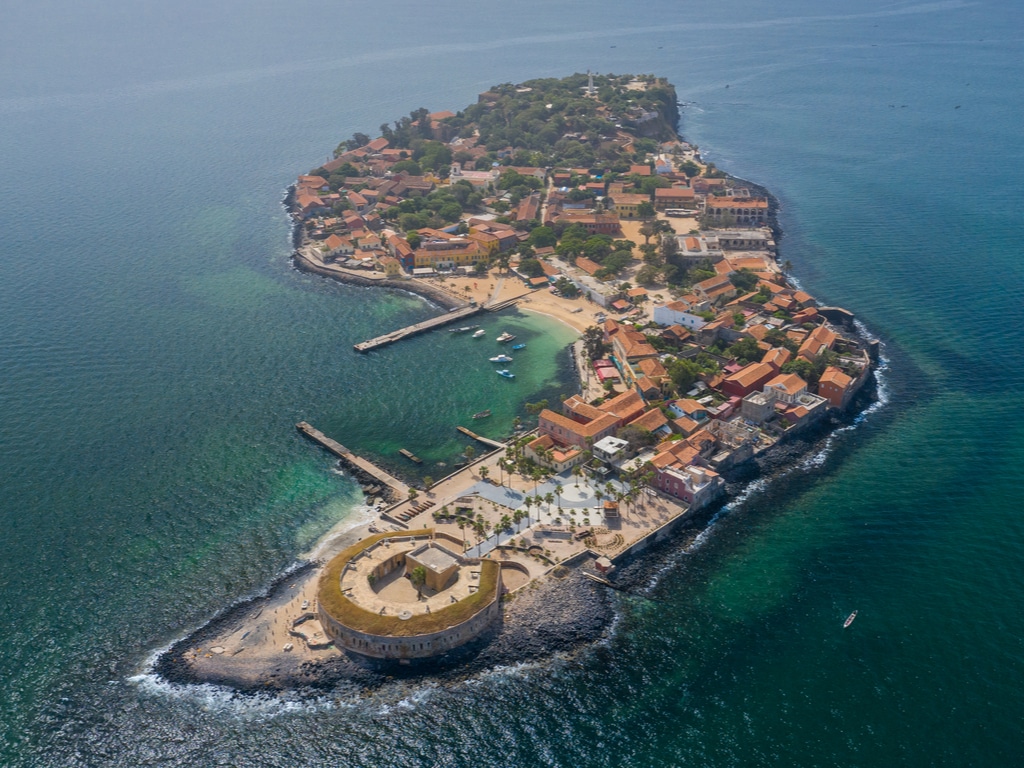The call for applications which aims to strengthen the capacity of actors involved in the preservation of biodiversity, scientists and policy makers for the sustainable management of protected areas and forest ecosystems in Africa. The 40 fellows who will be selected by the Regional Post-Graduate Training School on Integrated Management of Tropical Forests and Lands (ERAIFT) will constitute the 4th wave of its regional masters programs specialized on biodiversity.
The training program on “Knowledge-based Sustainable Management of Tropical Ecosystems” is supported by funding from the European Union (EU) Development Cooperation Instrument (DCI) and is aimed at eight sub-Saharan African countries, the Democratic Republic of Congo (DRC), Congo, Central African Republic (CAR), Togo, Benin, Senegal, Niger and Chad.
ERAIFT offers a research master’s degree in Integrated Management of Tropical Forests and Lands (AGIFT) and three other professional master’s degrees in Management of Protected Areas (GAP), in Forest Management Techniques (TAF) and in Management of Biosphere Reserves (GRB).
ERAIFT is based in the Democratic Republic of Congo (DRC) under the auspices of the United Nations Educational, Scientific and Cultural Organization (UNESCO). The school has received financial support from several partners including the DRC, the EU, Belgium, UNESCO, the African Development Bank (AfDB) and the Congo Basin Ecosystem Conservation Support Program (Pacebco) since 2010.
Preserving the Congo Basin
The Congo Basin forest is the second largest tropical forest after the Amazon forest. In 2010, the Congo Basin had a forest cover of 268 million hectares. In recent years, the forest is strongly threatened by climate change and especially deforestation. However, this forest massif constitutes an important source of wealth for the countries in which it extends.
Read also-CONGO BASIN: Jeff Bezos awards $40 million for nature conservation
In order to make conservation and environmental protection activities in the forests of the Congo Basin more professional, a partnership agreement was signed on January 15, 2019 in Cameroon, between the European Union and the German International Development Cooperation Agency (GIZ). The training benefits 120 professionals coming from forestry administrations and institutions responsible for the management of protected areas within some schools of the Network of Forestry and Environmental Training Institutions in Central Africa (RIFFEAC) including ERAIFT and the Garoua Wildlife School (EFG) in Cameroon.
For more information, click here
Benoit-Ivan Wansi
